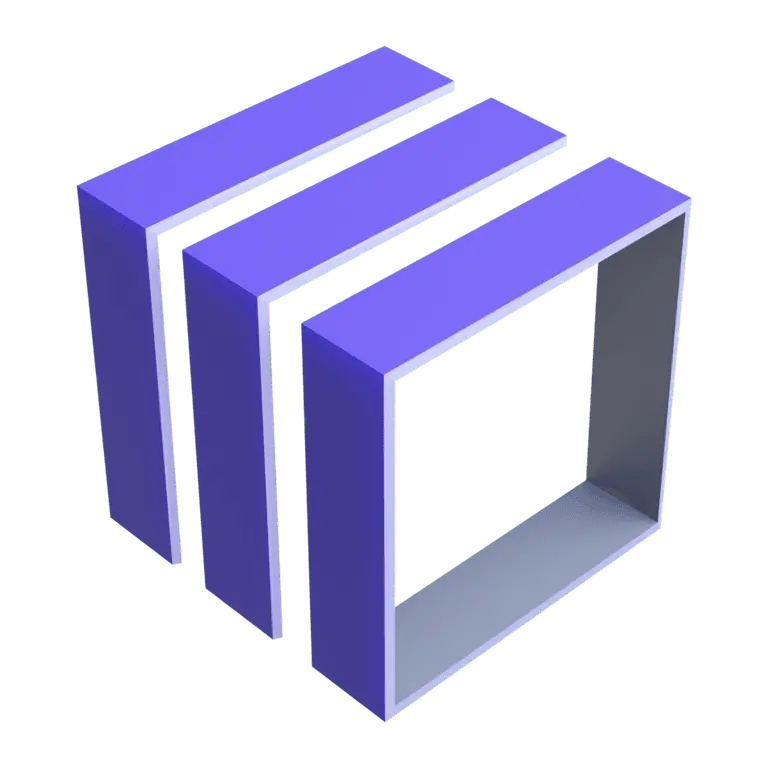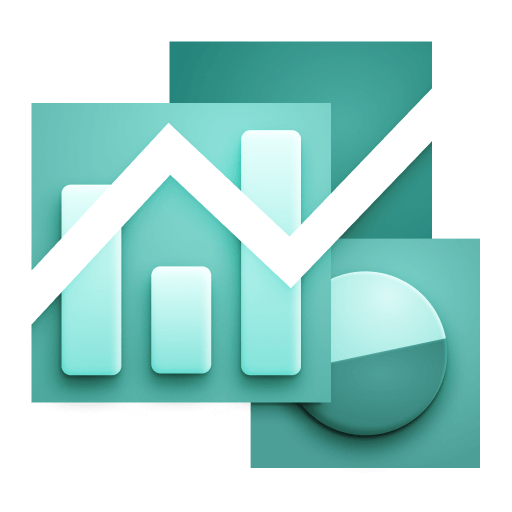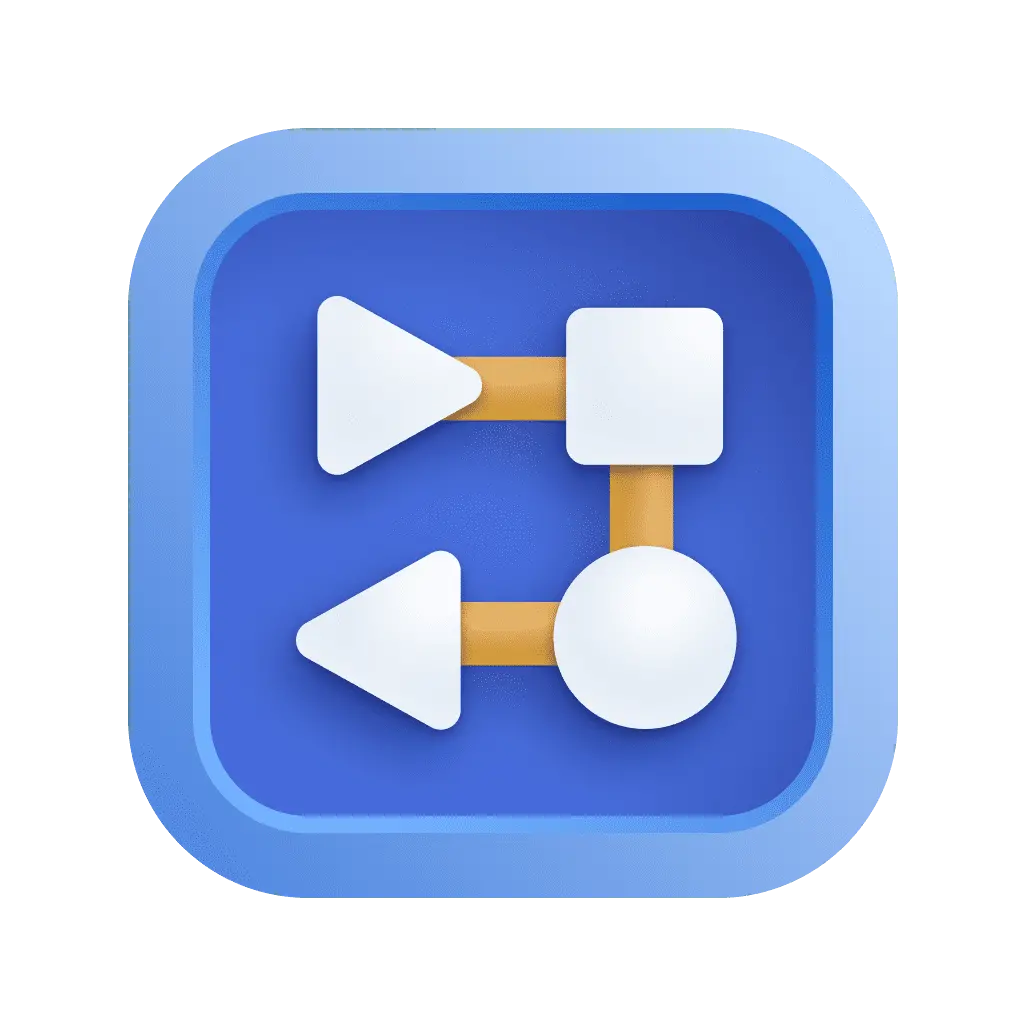AppEngine Functions (Serverless Functions) overview (DPS)
- Latest Dynatrace
- Explanation
- 6-min read
AppEngine Functions are the backend for your app. They are written in TypeScript and run within the Dynatrace JavaScript runtime.
There are three types of AppEngine Functions:
-
App functions: These functions represent the backend of an app and are built, bundled, and deployed together with your custom app.
-
Ad-hoc functions: Custom code that accomplishes a specific use case is referred to as an ad-hoc function. These functions can be invoked from within
 Notebooks,
Notebooks,  Dashboards,
Dashboards,  Workflows, or directly via API.
Workflows, or directly via API. -
Custom actions: A specific type of app function that, together with a UI component, can be declared as a custom workflow action to extend
 Workflows.
Custom actions can then be selected as a task within
Workflows.
Custom actions can then be selected as a task within  Workflows and can be executed within a workflow.
Workflows and can be executed within a workflow.
All AppEngine Functions are deployed in an environment with 256 MiB RAM.
AppEngine Functions work out-of-the-box: no external hosting is required, and there is no need to worry about maintaining a runtime environment to execute logic or code.